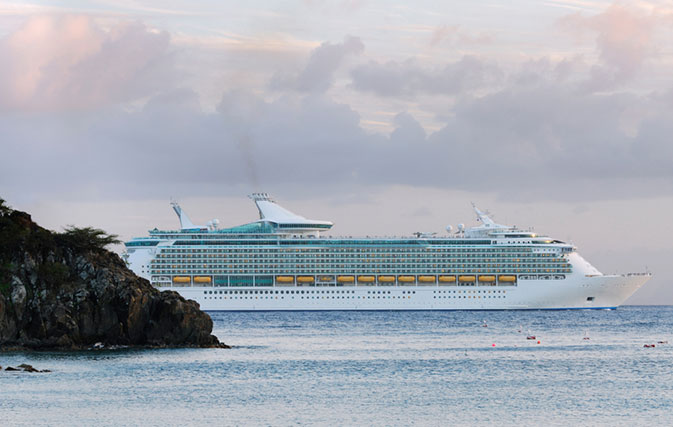TORONTO — Following the lead of the U.S., the Public Health Agency of Canada is now advising against cruise ship travel for Canadians amid the coronavirus outbreak.
Dr. Theresa Tam, Canada’s Chief Public Health Officer, previously advised Canadians to think twice about cruises but toughened her warning at a news conference today.
Tam says the ships may sail to areas with confirmed or undiagnosed cases of the coronavirus.
The move will hit the cruise industry and the retail travel industry here in Canada.
New embarkation policies were hammered out by CLIA and its member cruise lines over the weekend following a roundtable meeting between cruise line executives and U.S. Vice President Mike Pence.
The Centers for Disease Control and Prevention in the U.S. is recommending that travellers with underlying health issues especially “defer all cruise ship travel worldwide”, and the U.S. Department of State posted a new recommendation against cruise ship travel.
While it looked like common sense would prevail in Canada, that has now changed with the new advisory.
As it stands now, the new policy for CLIA members effective immediately includes …
. Deny boarding to all persons who have travelled from, visited or transited via airports in South Korea, Iran, China, including Hong Kong and Macau, and any municipality in Italy subject to lockdown (quarantine) measures by the Italian Government, as designated by the Ministry of Foreign Affairs, within 14 days prior to embarkation.
. Conduct illness screening for all persons who have travelled from, visited or transited via airports in any destinations listed on the U.S. CDC “Coronavirus Disease 2019 Information for Travel” page within 14 days before embarkation. Illness screening includes symptom history checks for fever, cough and difficulty breathing in the 14 days before embarkation and taking of temperature.
. Conduct temperature screening, as soon as they are capable, at initial embarkation for all persons boarding. Any individual with a temperature detected at or above 100.4° F / 38° C is to receive secondary screening to include a medical assessment.
. Deny boarding to all persons who, within 14 days prior to embarkation, have had contact with, or helped care for, anyone suspected or diagnosed as having COVID-19, or who are currently subject to health monitoring for possible exposure to COVID-19.
. Conduct pre-boarding screening necessary to effectuate these prevention measures. Enhanced screening and initial medical support are to be provided, as needed, to any persons exhibiting symptoms of suspected COVID-19.
“We have committed to do even more to protect our guests, our crew and the communities where we sail. This includes more stringent boarding procedures, adding additional onboard medical resources and temperature screenings at embarkation,” says CLIA.
“We will also develop industry funded protocols to care for guests on land in the event of an incident to eliminate future incidents of onboard quarantine.”
While the new policies stop short of severe restrictions, the perceived hassle factor – and the potential for being denied boarding because of a fever, no matter what the cause – is still problematic for the cruise industry.
After extensive consumer media coverage of the Diamond Princess quarantine off the coast of Japan in early February, now Grand Princess is in the news. The 237 Canadian passengers who were onboard Grand Princess, which was anchored off the coast of California awaiting coronavirus testing, are being repatriated back to Canada to CFB Trenton for a 14-day quarantine. Meanwhile Regal Princess was cleared to return to Port Everglades last night.
With file from The Canadian Press

